Talkers, we need to talk..
Two things stand out almost immediately when one gets on an early morning train in Melbourne. The first is the abundance of high-vis clothing. The second is the lack of face masks.
Though I am an inner-city knowledge worker, I sometimes have reason to be on a train at 6 o’clock in the morning. And when I board one of these trains, it almost feels as if we have returned to normal life again.
The trains that come through my suburb after 7am are generally full of workers like me, those who comprise the work-from-home laptop class, in the words of Barnaby Joyce. We’re the ones who have been largely confined to our living rooms during Covid, joining Zoom meetings in our tracksuit pants. When I get on these trains, I see plenty of suits but hardly any faces. Just wild eyes, throwing death-stares if I venture too close.
But when I start my day a bit earlier, there are plenty of exposed (if tired looking) faces to be seen.
The differences in mask compliance are stark, but they make sense. Tradespeople have an intrinsic understanding of risk; they work at great heights, with heavy machinery and power tools, and at any moment a brick or piece of wood could fall and seriously harm them. They have a deep connection with material reality and understand that to live means to manage risk, not avoid it entirely.
It is telling that a cluster of coronavirus cases linked to an abattoir in Melbourne’s west emerged last year when a worker was admitted to hospital after severing his thumb while at work. It’s unlikely the man would have ever known he had the virus if he had not cut off his thumb and been admitted to hospital.
The vast majority of Australians work in roles where they are directly involved in producing or distributing goods and services. They are nurses, teachers, truck drivers, coal miners, carpenters and electricians. They are Doers, as I explain in a new research report for the Institute of Public Affairs, and comprise about 78 per cent of the workforce. They, much like the tradespeople and abattoir workers, face tangible risks every day.
It is interesting, then, to consider why Australians have lived like hermits over the past 18 months. A nation of Doers understands that life is full of risks and that we cannot let the fear of anything prevent us from living our lives. Perhaps the answer lies in the disproportionate political power held by the other 22 per cent of the workforce, those I categorise as ‘Talkers’.
As I explain in my report, Talkers are those who are not directly involved in the production of goods and services, but rather are those who literally talk for a living. They are the mid-level managers, the HR-types, the politicians, bureaucrats and journalists. And yes, the economists and public policy wonks.
Talkers do not face many physical risks in their professional lives. Or as my father, a mechanic of some 40 years, likes to remark when he shakes my hand, I have ‘office hands’.
To many Talkers, contracting coronavirus was a serious threat. They are generally safe from a brick falling off a wall or a car falling off a jack. But an invisible virus could get them in the office. To Doers, coronavirus was just not as notable a risk. Granted, many front-line healthcare workers (who are all Doers) faced a disproportionate risk of contracting the virus. But as a friend who is a nurse in a children’s hospital told me last year, healthcare workers treat people with serious illnesses and injuries every day.
In 2019 in the UK, there were 136,146 ‘avoidable deaths’ in those aged under 75, according to the Office for National Statistics. This is 62,500 more deaths than the UK saw across all age groups as a result of the coronavirus in 2020. Healthcare workers see first-hand the tragedy of human suffering and death, but that does not mean they shut themselves away from society and attempt to live a zero-risk life.
One explanation for Australia’s coronavirus elimination strategy could be the disproportionate political power held by the risk-averse Talkers. The British author David Goodhart argues in his book Head Hand Heart: The Struggle for Dignity and Status in the 21st Century that the ‘hegemony of cognitive class political interests’ caused instability in Western democracies prior to coronavirus. That is, the Talkers have organised themselves as a class, and they have been highly effective in pursuing their political interests.
The Talking class can be found at the commanding heights of our parliaments, bureaucracies, big businesses and unions and media organisations. And they were the ones advocating for lockdowns right from the start. This was most evident with journalists in the early stages of the pandemic. On 13 March, one journalist asked the Prime Minister and Chief Health Officer, ‘You see things like schools closing down in lockdown, like we have seen in Italy. When is the time when that would need to be done [in Australia]?’ At a press conference two weeks later, clearly not happy with the severity of restrictions, another journalist told the PM that ‘more comprehensive restrictions would result in a shorter disruption and fewer deaths’.
There are always going to be both Talkers and Doers in any workforce. But it is worth paying attention to the mix between the two. The Talking class has become ascendant and this has significant implications for our culture, swociety and economy.
Mainstream Australians are clearly willing to accept the risks that are part of life. Talkers, less so. Over the past 18 months we have seen how effectively Talkers can force everyone else to live according to their values. And if that was the case with the coronavirus, it will be the case with other issues. Australians have repeatedly voted against radical climate policies, yet our Talking class edge us ever closer towards these very policies and will undoubtably continue to do so.
If we are to maintain the Australian way of life, and our very democracy, it is time to have a serious conversation about the Talking class.
Got something to add? Join the discussion and comment below.
Get 10 issues for just $10
Subscribe to The Spectator Australia today for the next 10 magazine issues, plus full online access, for just $10.
Cian Hussey is a Research Fellow at the Institute of Public Affairs.
You might disagree with half of it, but you’ll enjoy reading all of it. Try your first month for free, then just $2 a week for the remainder of your first year.

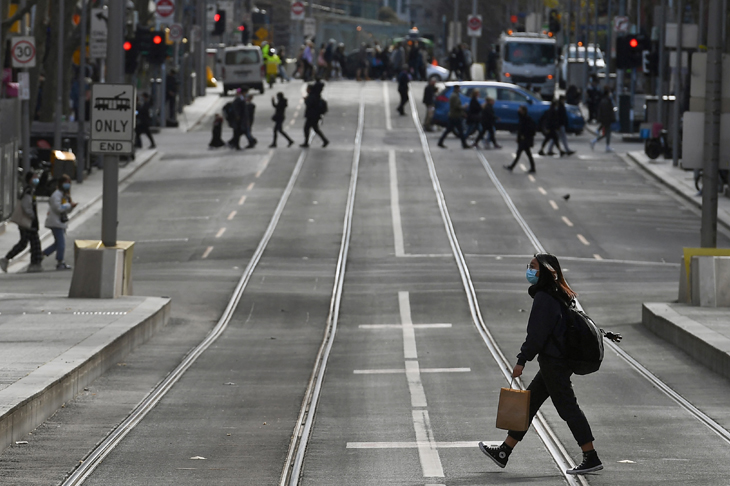
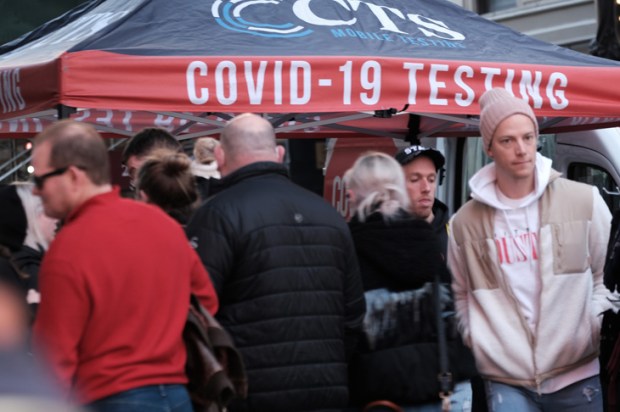
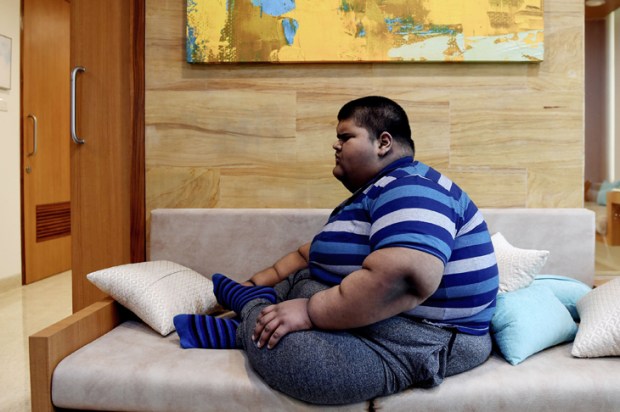
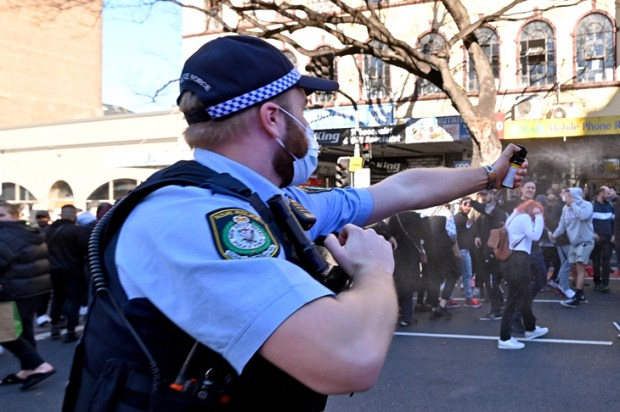
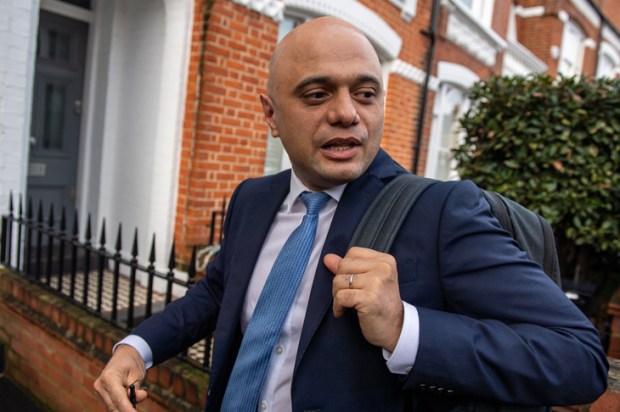
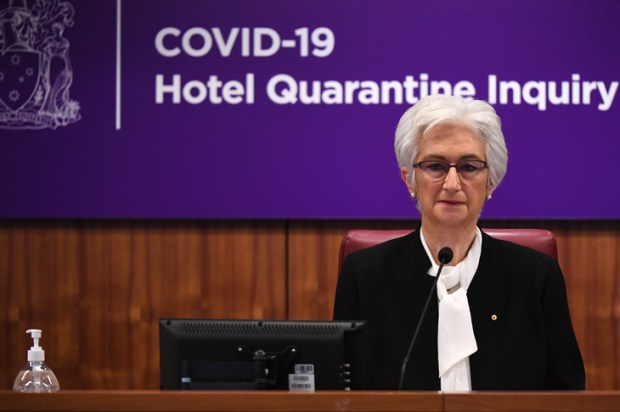
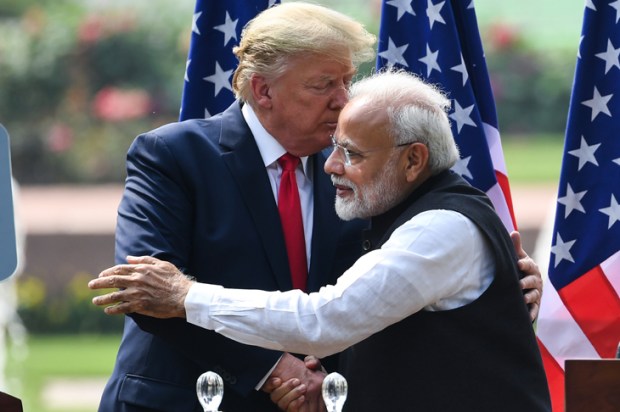






Comments
Don't miss out
Join the conversation with other Spectator Australia readers. Subscribe to leave a comment.
SUBSCRIBEAlready a subscriber? Log in